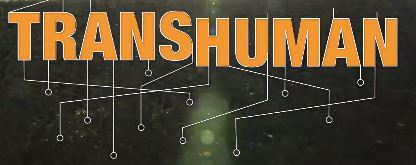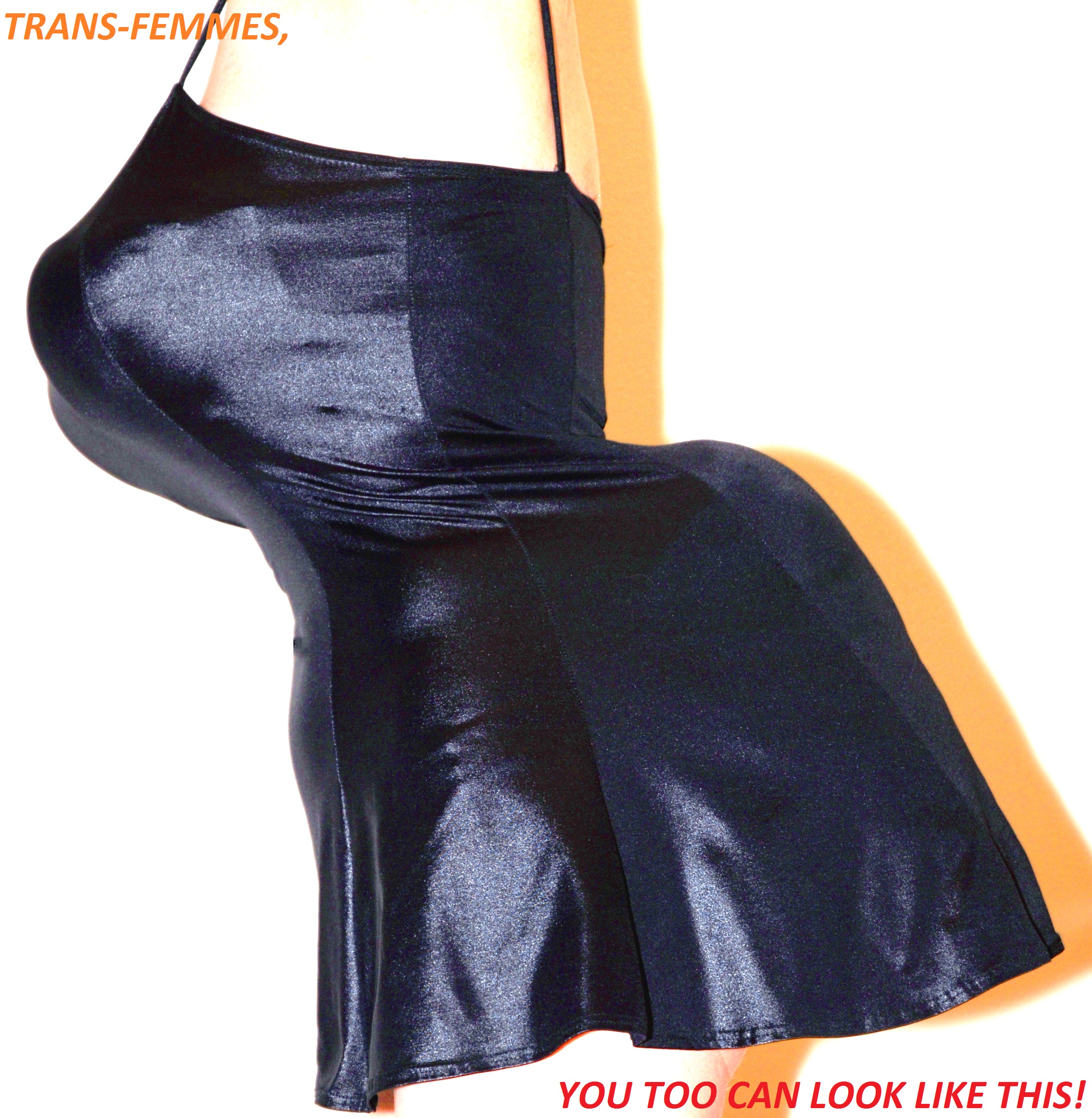Podcast: Play in new window | Download | Embed
Subscribe: RSS
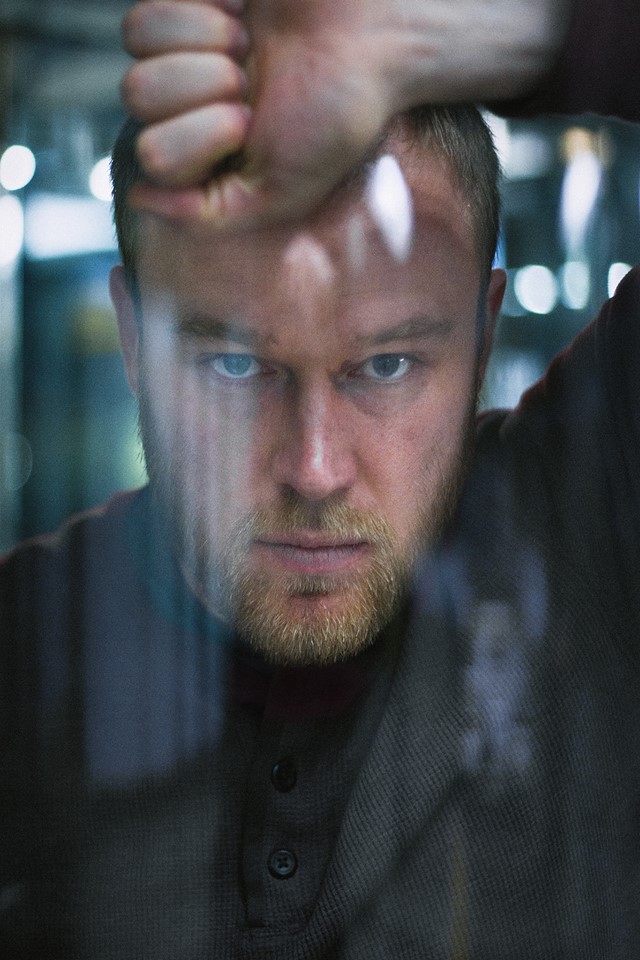 I have always wanted to discuss Friedrich Nietzsche’s philosophy and how it relates to technology and transhumanism. The problem is that a very short list of people will make me enjoy such a challenging conversation. Luckily, Dr. Cadell Last is among the top on that shortlist. I hope you enjoy our conversation as much as I did.
I have always wanted to discuss Friedrich Nietzsche’s philosophy and how it relates to technology and transhumanism. The problem is that a very short list of people will make me enjoy such a challenging conversation. Luckily, Dr. Cadell Last is among the top on that shortlist. I hope you enjoy our conversation as much as I did.
During our 2-hour conversation with Cadell Last, we cover a variety of interesting topics such as his early fascination for the strange phenomenon of humanity; discovering Darwin, Kurzweil, and Transhumanism; Nietzsche as the death of philosophy and the birth of psychology; the importance of primary sources when studying the great minds; Atheism and the tragedy of the death of God; Thus Spoke Zarathustra and Cadell’s philosophy course on it; mistakes and failures as a sort of reward and a source of becoming; the Overman as a clearing for any possibility; the wise men, the rabble, and freedom; organic vs mechanical virtues; human as a bridge from the animal to the Overman; differences and similarities between the Overman and the Transhuman; ReWriting the Human Story.
My favorite quote that I will take away from this conversation with Cadell Last is:
The path of overcoming lies between identity and difference!
As always you can listen to or download the audio file above or scroll down and watch the video interview in full. To show your support you can write a review on iTunes, make a direct donation, or become a patron on Patreon.
Cadell Last’s “Thus Spoke Zarathustra” Course Preview:
You can check out and join this course here: Thus Spoke Zarathustra — Philosophy Portal
Who is Cadell Last?
Cadell Last is a philosopher with a background in anthropology and history. He is the author of Global Brain Singularity and Sex, Masculinity, God; creator of Philosophy Portal, an online academic platform dedicated to the future of philosophy in the digital age; and a YouTuber offering interpretations of thinkers in the idealist and psychoanalytic traditions. You can find out more at cadelllast.com and philosophyportal.online

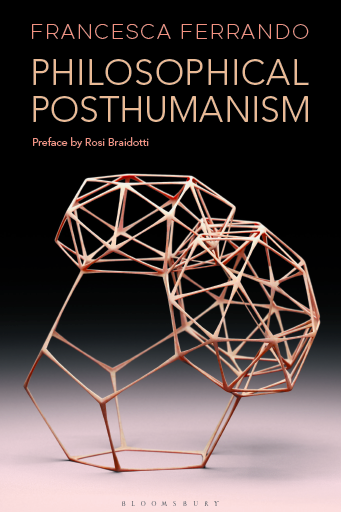
 Francesca Ferrando teaches Philosophy at NYU-Liberal Studies, New York University. A leading voice in the field of Posthuman Studies and founder of the
Francesca Ferrando teaches Philosophy at NYU-Liberal Studies, New York University. A leading voice in the field of Posthuman Studies and founder of the 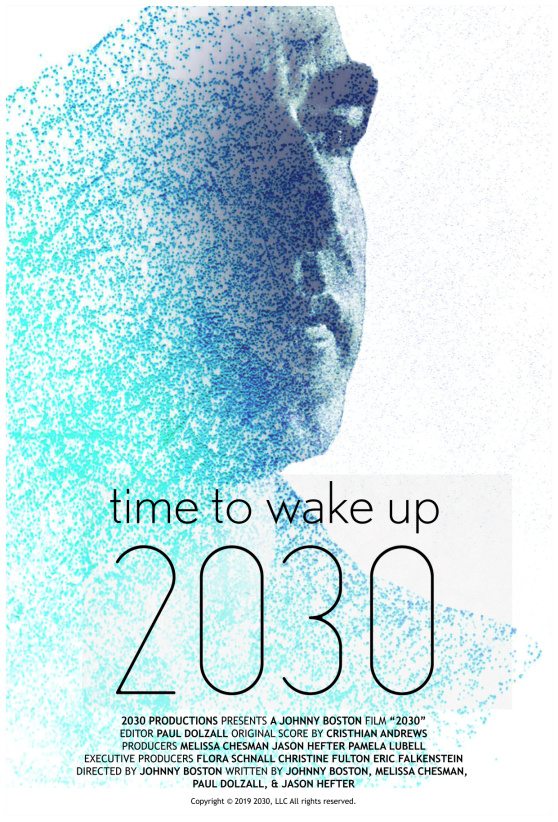 2030
2030
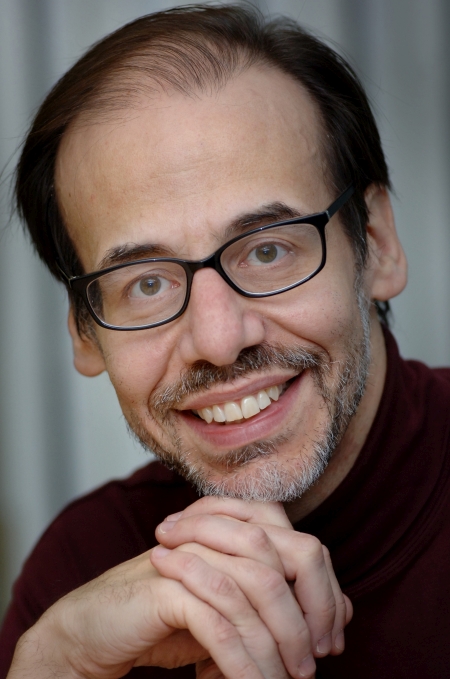
 The One God Hypothesis is a potential outcome of the technological singularity/transhumanist movement which I have devised. I have written it as a challenge to the attitude expressed by many singularitarians that technology will somehow enable us to live in a post scarcity world. If anything, it shows that scarcity and competition could potentially become more severe in a posthuman society.
The One God Hypothesis is a potential outcome of the technological singularity/transhumanist movement which I have devised. I have written it as a challenge to the attitude expressed by many singularitarians that technology will somehow enable us to live in a post scarcity world. If anything, it shows that scarcity and competition could potentially become more severe in a posthuman society.
